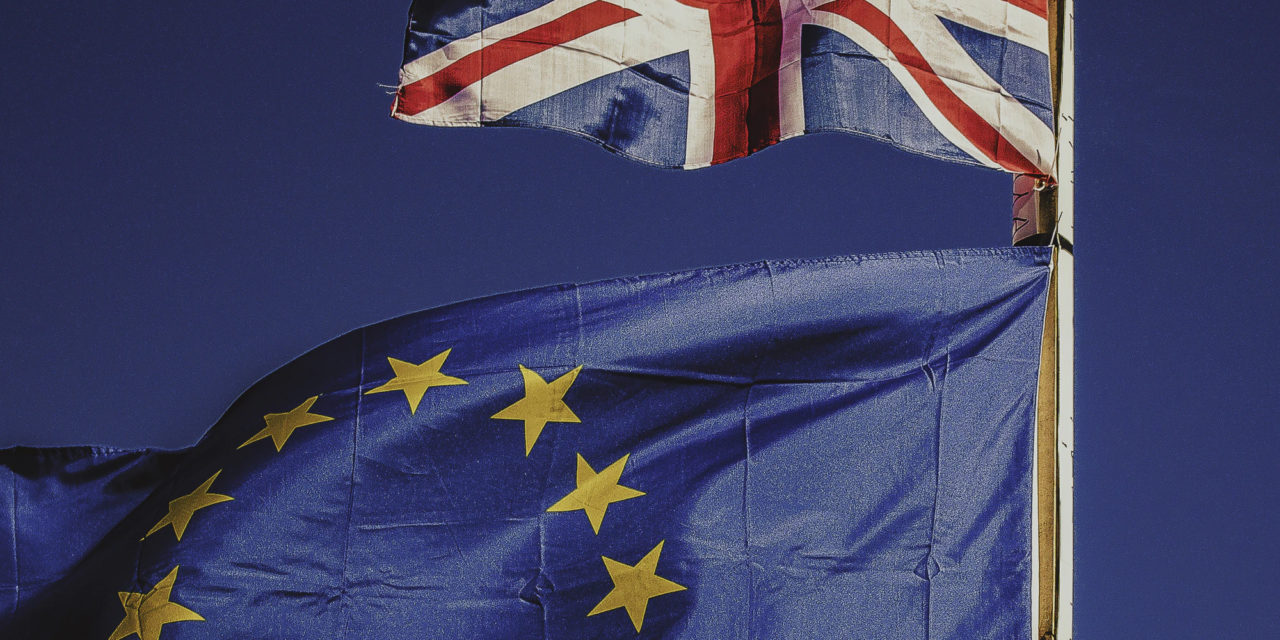Brexit is finally coming to a head tonight at 11 p.m. GMT as Britain finally bids its relationship with the European Union adieu. As the first country to leave the union, the United Kingdom is setting a precedent with unknown ramifications.
Despite its messy divorce, the UK and the European Union share a deeply entrenched history that spans four decades – here are five of their most unforgettable moments:
January 1st, 1973 – Britain joins the European Economic Community (EEC)
Formed in 1957, the European Economic Community was established to boost European integration by forming a Common Market and a Customs Union. The six founding members were: France, Italy, Belgium, Luxembourg, West Germany and the Netherlands. While Britain attempted several times to join the regional organisation, the French President Charles De Gaulle vetoed the attempt twice. The UK was successful on its third try after De Gaulle’s resignation in 1969. Two years later, the Treaty of Accession was signed and ratified by Britain, Ireland and Denmark, all of whom joined together.
June 5th, 1975 – Britain votes to stay in the EEC
As part of the Labour Party’s manifesto during the 1974 General Election, the party promised that they would let the people decide on whether to stay in the European Community (EC) and the Common Market – as it was referred to at the time. The first ever national referendum, and the first on the UK and EU’s relationship, took place a year later. The vote revealed substantial support for staying in the organisation with 67% voting in favour.
February 7th, 1992 – Maastricht Treaty signed
Alongside other members of the EC, Britain signed the Maastricht Treaty which was considered to be one of the most important moments in EU history. The treaty formally established the European Union and supported further European integration amongst its members. However, many British MPs did not agree with the treaty and took it upon themselves to act as an obstacle in the series of votes that passed through parliament. Known as the ‘Maastricht Rebels’, the MPs refused to support the enactment of the treaty in British law. While Prime Minister John Major succeeded in winning the vote, the social chapter of the treaty which included worker’s rights and pay was not signed until 1997 under Labour Prime Minister Tony Blair.
September 16th, 1992 – Black Wednesday
Black Wednesday, a shattering moment in the UK’s politics and economy, saw the collapse of the pound sterling, forcing the country to withdraw from the European Exchange Rate Mechanism (ERM). Britain was unable to keep the pound falling lower than the limit, and after withdrawing from the ERM, it quickly fell into recession. The Conservative Party’s credibility – particularly that of the PM Major – was damaged leading to its defeat in the 1997 General Election.
June 23rd, 2016 – Britain votes to leave the EU
In 2013, the Prime Minister and Leader of the Conservative Party David Cameron promised that if his party was re-elected in 2015, he would call for a referendum on Britain’s future in the European Union. After winning the majority in the 2015 General Election, PM Cameron fulfilled his promise and a year later, the British public took to the polls and voted 51.9% in favour of leaving the EU. Shortly after, the backlash from the vote led PM Cameron to step down, making the way for the new Prime Minister Theresa May. While the UK was expected to leave the union on March 29th 2019, political instability under May’s government delayed the departure twice. After current PM Boris Johnson was formally elected in December, it was confirmed that the final date would be January 31st.
43 years after the first referendum, Euroscepticism and discourse surrounding immigration have contributed to a changing attitude in the UK. Nothing is expected to change drastically on January 31st but once the 11-month transition period is over, a murky future awaits for Britain.
- This Artist is Making the Underwater Arena His Canvas - 28th April 2021
- A Video Game that Promotes Peace and Conflict Resolution - 15th March 2021
- Netflix’s ‘Living Undocumented’ is a Difficult Series to Watch, and Exactly Why We Should - 9th March 2021






